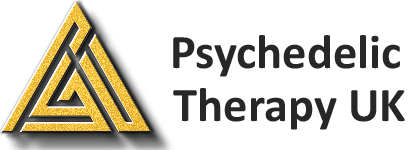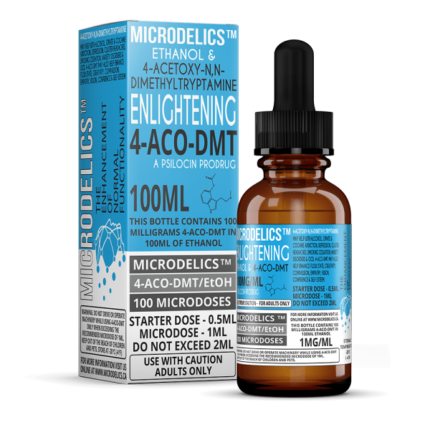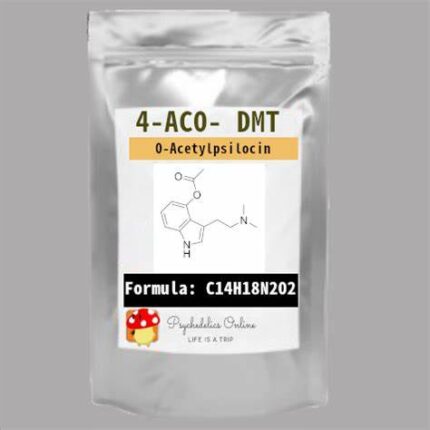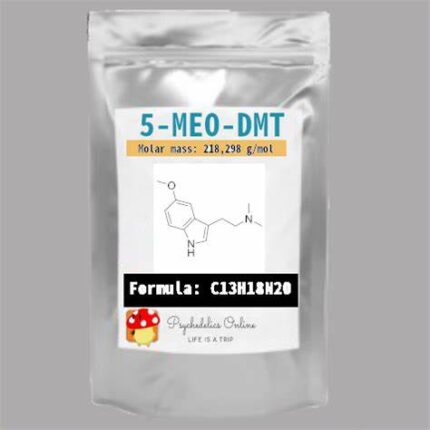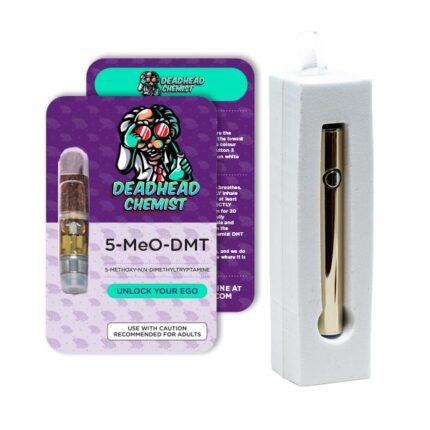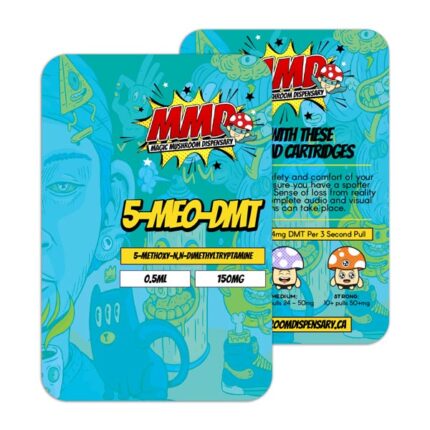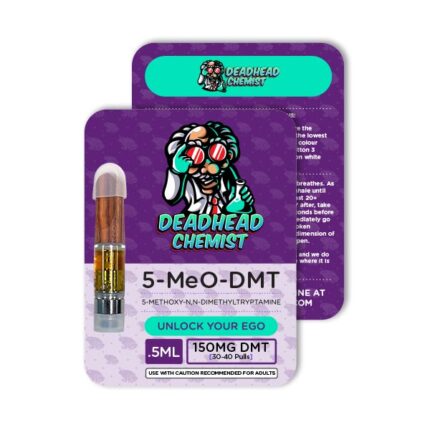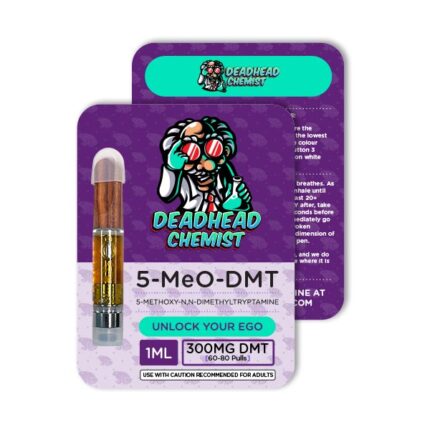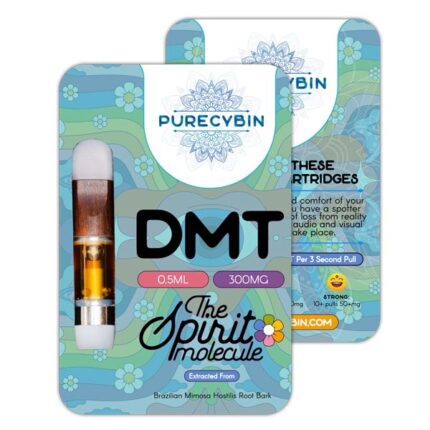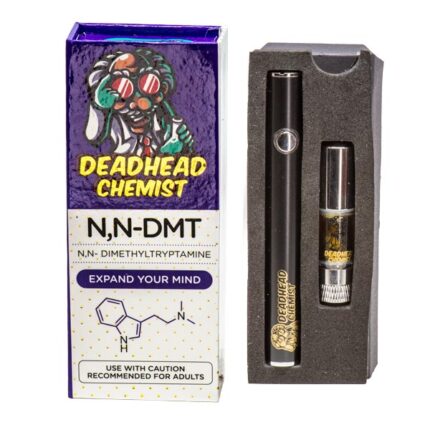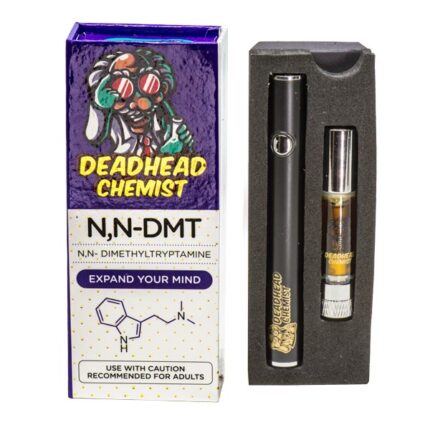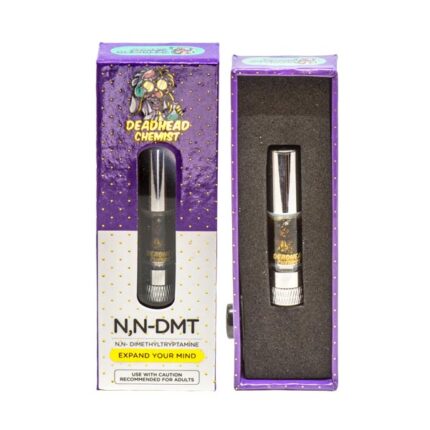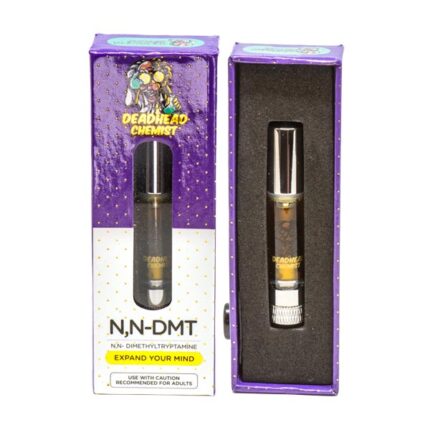DMT For Sale In UK
Buy DMT Online UK at our Psychedelic Therapy Store in UK which has DMT for sale in UK sold in as Buy Buy 4-AcO-DMT in UK, Buy N, N-Dimethyltryptamine DMT in UK, Buy 5-MeO DMT in UK, Buy DMT Pens in UK and Buy DMT Carts in UK.
Buy DMT Online UK – Buy DMT In UK
DMT has a very strong and unusual smell and taste which people have likened to burnt plastic and new shoes. Dmt for sale can be injected, smoked or snorted. Because DMT extraction tek is a very harsh and potent drug to smoke, it is sometimes mixed with herbs – such as ayahuasca – to make changa. Each batch of changa is different depending on what herbs are used, so strengths vary.
5-MeO-DMT Buy In UK
5-MeO-DMT for sale in UK or O-methyl-bufotenin is a psychedelic of the tryptamine class. It is found in a wide variety of plant species, and also is secreted by the glands of at least one toad species, the Sonoran Desert toad. Buy 5-MeO DMT Online UK at Psychedelics Store in UK.
Buy 4-AcO-DMT In UK
Buy 4-AcO-DMT Online UK. 4-Acetoxy-N,N-dimethyltryptamine (also known as 4-AcO-DMT, 4-Acetoxy-DMT, O-Acetylpsilocin, and psilacetin) is a novel psychedelic substance of the tryptamine class. It is a structural analog of psilocybin, the active ingredient in psilocybe mushrooms (magic mushrooms).
Buy DMT Carts UK – DMT Pens For Sale In UK
Dmt carts For Sale in UK and Buy Dmt Pens in UK here at our UK Psychedelic Store. We offer high quality Dmt in UK as Dmt vape pens for vapers to enjoy the perfect vaping experience. Psychedelics Store UK is where to find and buy dmt vape cartridges at the best price in the United Kingdom.
Buy DMT in the UK, DMT For Sale in the UK, and 5-MEO-DMT for sale online in the UK, to get a unique chance to taste natural DMT and 5-MeO-DMT in several minutes. Shop Now
100ML 4-ACO-DMT Microdosing Kit
5-MEO-DMT
5-Meo-DMT(Cartridge and Battery) .5mL Deadhead Chemist
5-Meo-DMT(Cartridge) .5mL Deadhead Chemist
5-Meo-DMT(Cartridge) 1mL Deadhead Chemist
DMT .5ml Purecybin – 300mg DMT
DMT (Cartridge and Battery) .5mL Deadhead Chemist
DMT (Cartridge and Battery) 1mL Deadhead Chemist
DMT (Cartridge) .5mL Deadhead Chemist
DMT (Cartridge) 1mL Deadhead Chemist
Where To Buy DMT In The UK?
With the experience we have gained in our years of operation, Psychedelic Therapy Store is proud to stand out as the most reliable place to buy DMT. We give our customers the opportunity to make a choice of either buying 5-MeO-DMT UK, Buying DMT Cart UK, Buy 5-Methoxy DMT, Buy 4-MeO-DMT UK, or buying DMT Vape Pen.DMT Cart For Sale
 Most of our clients always ask about DMT Sales UK, or, in other words, DMT For Sale UK. We offer massive discount to all our clients (most especially retailers) who buy 5-MeO-DMT in the UK to retail or buy Buy 4-MeO-DMT UK.
Most of our clients always ask about DMT Sales UK, or, in other words, DMT For Sale UK. We offer massive discount to all our clients (most especially retailers) who buy 5-MeO-DMT in the UK to retail or buy Buy 4-MeO-DMT UK.What Is DMT?
Many plant species naturally contain the hallucinogenic tryptamine drug DMT, whose chemical name is N, N-dimethyltryptamine. Additionally, it is possible to synthesise it in a lab. The following are some important aspects of DMT: Buy DMT in the UKSimilarities and Effects: DMT has psychedelic effects comparable to LSD and magic mushrooms. Dimitri and fantasia are two of the alternative names that some people use. When taking this drug, some people report hallucinations or other unusual sensations, such as floating or seeing shapes and lights in a tunnel.Connection to Ayahuasca: DMT is the primary active ingredient in ayahuasca, a traditional South American beverage used in spiritual and religious rituals. One plant, Banisteriopsis caapi, contains monoamine oxidase inhibitors, and the other, Psychotria viridis, contains dimethyltryptamine, the active ingredients in ayahuasca. If you take DMT with ayahuasca, you can experience its oral effects.There is a rising interest in the possible therapeutic uses of DMT, in addition to its recreational use. Because of its effects on serotonin, it may have potential use in treating conditions like depression, stress, and anxiety, according to observational studies.Methods of Consumption: White crystalline powder is the most common form of synthetic DMT. It can be inhaled orally, vapourized, or snorted by humans. Various plants and vines are boiled to make a tea-like drink of different strengths during religious ceremonies.It is against the law to produce, acquire, own, or distribute DMT in the US because it is a Schedule I controlled substance. Although it is no longer illegal in some cities, it is still illegal on a federal and state level.DMT is short for N,N-dimethyltryptamine, a hallucinogenic drug that naturally occurs in many plant species and can also be made in a laboratory. It is sometimes called the spirit molecule because of the intense psychedelic experience it produces.Psychedelic substance
5-MeO-DMT or 4-MeO-DMT, is a psychedelic substance that can be found in plants and animals and also in the human brain as a neurotransmitter. It is a hallucinogenic drug that can affect the senses, emotions, and sense of time and reality. It can be taken in various ways, such as smoking, injecting, or snorting, and it is illegal in the United Kingdom (UK).Is DMT Safe, or How Safe Is DMT?
DMT is a hallucinogen that packs a pretty fast and powerful trip.Powerful as it is, it appears to have the lowest side effect profile compared with other psychedelic drugs like LSD and magic mushrooms (psilocybin).Still, DMT carries some risks.What are the side effects of DMT? (What are the negative side effects of DMT?)
It’s hard to predict how you’ll react to using DMT because it depends on several factors, including:- your weight
- your body composition
- the state of your physical and mental health
Buy 5-MeO-DMT
 People take DMT and other psychedelics to experience effects like euphoria, increased creativity, and spiritual insight. It’s known as the “spirit molecule,” after all.Not everyone enjoys these effects, though. Some people report feeling like they’re having a near-death experience or traveling to another world or dimension (and not in a fun way).Other negative side effects of DMT include:
People take DMT and other psychedelics to experience effects like euphoria, increased creativity, and spiritual insight. It’s known as the “spirit molecule,” after all.Not everyone enjoys these effects, though. Some people report feeling like they’re having a near-death experience or traveling to another world or dimension (and not in a fun way).Other negative side effects of DMT include:- uneasiness
- anxiety
- paranoia
- dilated pupils
- visual disturbances
The Risks Of Taking DMT OR DMT RISKS?
DMT does come with some potential psychological and physical risks.DMT Psychological Risks
Like most hallucinogens, DMT has the potential to take you on a bad trip, which can be overwhelming and terrifying. People have claimed that a bad DMT trip left them shaken for days, weeks, and even months.DMT For Sale

